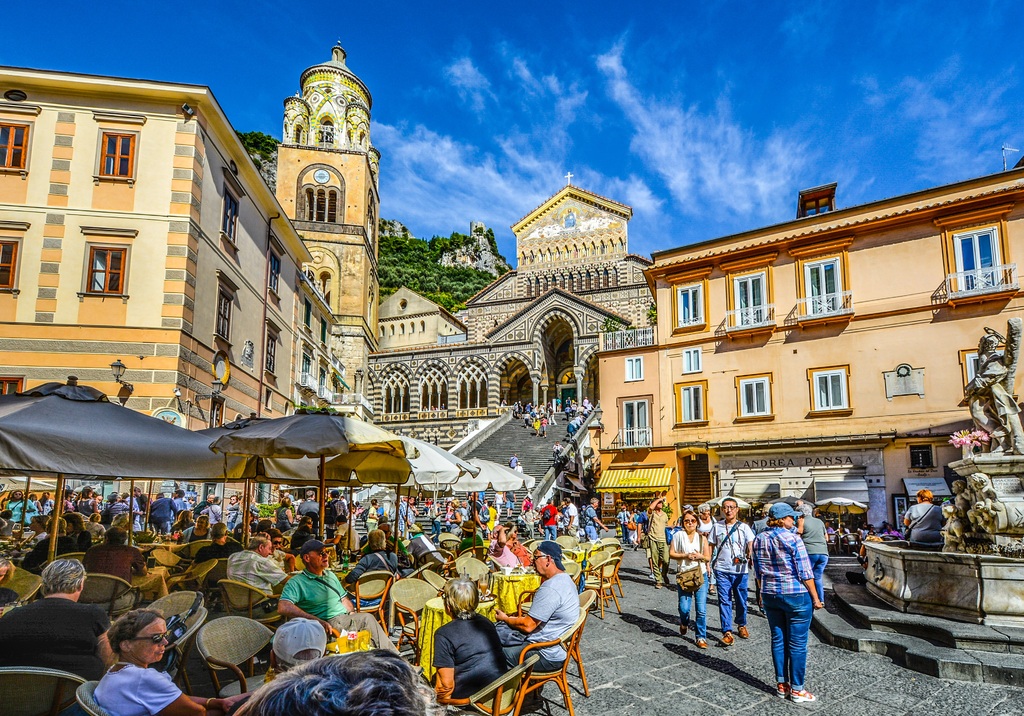Over 11 million Italians will travel during the Easter holidays, generating almost €5 billion in turnover, according to a new survey.
Research by Tecnè for hotel federation Federalberghi found that 11.3 million people, including 2.7 million taking extended trips, plan to go on holiday.
This year’s calendar, with Easter close to Liberation Day on 25 April and Labour Day on 1 May, has encouraged longer breaks. Good Friday marks the first major departure, with five million people expected to begin their holidays that day.
Major survey findings
The majority (88%) who will travel at Easter, will stay in Italy, with seaside locations, the mountains, and art cities the most popular destinations. The remaining 12% plan to travel abroad, with European capitals topping the list, followed by cruises and beach resorts.
Most people (42.4%) will stay with friends or relatives, though hotel and tourist village bookings are also on the rise.
The average holiday length will be 4.7 days, up from last year. Some 2.7 million Italians plan to stay for at least six days. Average individual spending, including food, accommodation, and transport, will reach €438. Total national turnover will be €4.9 billion. Almost half of those travelling (41.6%) said inflation had forced them to cut back on spending or shorten their trip.
The majority of spending will go on meals (32.2%), followed by travel (23.5%) and accommodation (17.5%). Shopping makes up 12.6%.
More than two-thirds (69.3%) booked their trip at least a month in advance, showing increased planning and confidence post-pandemic. Three in four travellers will use their own car, while 17.4% will fly and 3% will take the train.
Most holidaymakers cited natural beauty, visiting family, easy access, and religious reasons for choosing their destination.
Activities will include walking (76.6%), relaxing (48.6%), food and wine experiences (39.7%), and sports (8.3%).
Federalberghi president Bernabò Bocca welcomed the findings, saying they signal recovery and strong demand ahead of the summer season.
“Travellers have returned to booking in advance, a sign of regained confidence,” Bocca said. “This is a positive indication for the months ahead, even if inflation remains a concern for many families.”
Of those not travelling, 46.6% cited economic reasons, 35.3% family commitments, and 12% work obligations.





